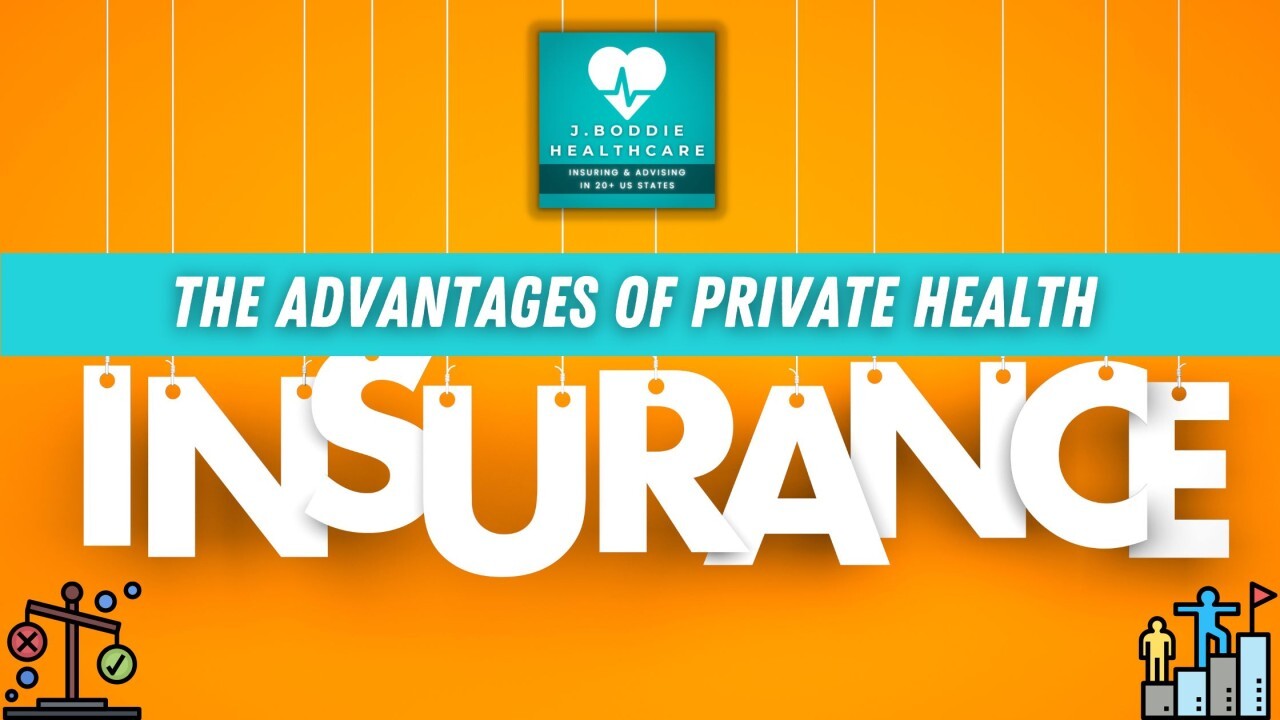Is Medicaid Better Than Having Private Insurance?
The question of Medicaid versus private insurance is a complex one, with no single answer that fits everyone. Both options offer health coverage, but they cater to different needs and come with distinct advantages and disadvantages. Here’s a breakdown to help you decide which path is best for you.
Understanding Medicaid
Medicaid is a joint federal and state program that provides health coverage to low-income individuals, families, pregnant women, children, seniors, and people with disabilities. Eligibility requirements vary by state, but generally, income is the primary factor. Medicaid covers a wide range of medical services, including doctor visits, hospital stays, mental health care, prescriptions, and preventive care.
Benefits of Medicaid
- Cost: Medicaid has minimal to no monthly premiums, and beneficiaries often have low or no co-pays for covered services. This makes it a valuable option for those struggling to afford health insurance.
- Comprehensive Coverage: Medicaid offers a broad spectrum of benefits, including hospitalization, doctor visits, preventive care, mental health services, and prescription drugs. This comprehensive coverage ensures beneficiaries have access to the care they need.
- Guaranteed Coverage: Unlike private insurance, Medicaid cannot deny coverage due to pre-existing conditions. This is crucial for individuals with chronic health issues who might struggle to obtain affordable private insurance.
Challenges of Medicaid
- Provider Network: Medicaid reimbursement rates tend to be lower than those of private insurance. This can limit the number of doctors and hospitals that accept Medicaid, potentially reducing access to certain specialists or care facilities.
- Wait Times: Due to high demand and lower reimbursement rates, some Medicaid beneficiaries may experience longer wait times for appointments or procedures.
- State Variations: Eligibility requirements, covered benefits, and program administration can differ significantly between states. This can create confusion and pose challenges for individuals moving across state lines.
Understanding Private Insurance
Private health insurance is offered by for-profit companies. Employers may sponsor group plans, or individuals can purchase individual plans directly on the healthcare marketplace established by the Affordable Care Act (ACA). Coverage varies depending on the plan you choose, but generally includes doctor visits, hospital stays, surgery, and some preventive care.
Benefits of Private Insurance
- Choice: Private insurance offers a wider range of plan options, allowing individuals to select a plan that fits their budget and specific health needs.
- Provider Network: Private insurance plans typically have broader networks of doctors, hospitals, and specialists, offering greater choice and potentially shorter wait times.
- Additional Benefits: Some private plans may offer additional benefits not covered by Medicaid, such as vision and dental care.
Challenges of Private Insurance
- Cost: Private insurance plans typically have monthly premiums, co-pays for services, and deductibles that must be met before the insurance company starts paying for covered services. These costs can add up quickly, especially for individuals with high healthcare needs.
- Denial of Coverage: Pre-existing conditions can make it difficult or expensive to obtain private insurance. In some cases, individuals with pre-existing conditions may be denied coverage altogether.
- Job Dependence: Employer-sponsored plans tie health insurance to employment, leaving individuals vulnerable if they lose their job.
Making the Right Choice
Here are some key factors to consider when deciding between Medicaid and private insurance:
- Income: Medicaid is for low-income individuals and families. If you meet your state’s income eligibility requirements, Medicaid is likely the most affordable option.
- Health Status: Consider your current and anticipated health needs. If you have a chronic condition requiring ongoing care, Medicaid’s comprehensive coverage might be preferable.
- Desired Provider Network: Do you have a specific doctor or hospital you want to see? Research the provider networks of both Medicaid and private insurance plans in your area.
- Budget: Can you afford the monthly premiums, co-pays, and deductibles associated with private insurance?
Also read: How can you know what health insurance plan is best for you?
Additional Considerations
- Pregnancy: Medicaid covers pregnancy-related services for qualified women and children.
- Long-Term Care: Medicaid may offer assistance with long-term care needs, while private insurance typically does not.
- Future Plans: If you anticipate a job change or income increase, consider how that might affect your eligibility for Medicaid and your ability to afford private insurance.
Conclusion
Medicaid and private insurance both play vital roles in the healthcare system, offering coverage to different segments of the population. While private insurance may provide greater choice and flexibility, Medicaid ensures access to essential healthcare services for low-income individuals and families. The best option for you will depend on your specific circumstances, budget, and health needs.
